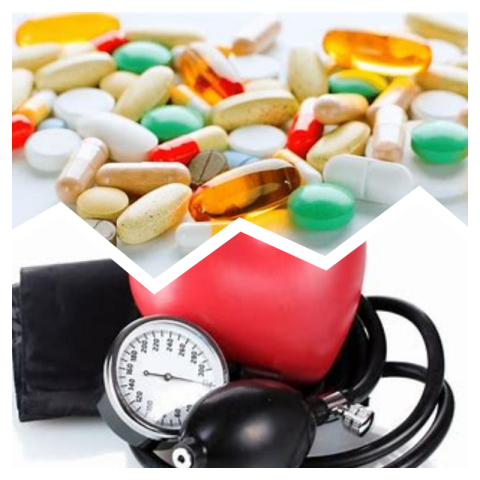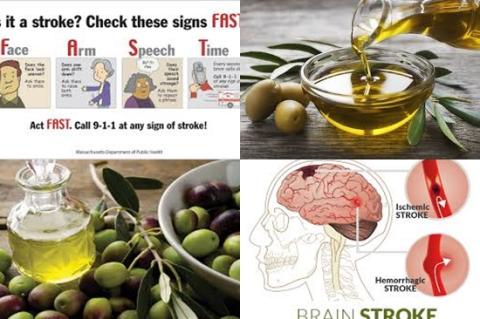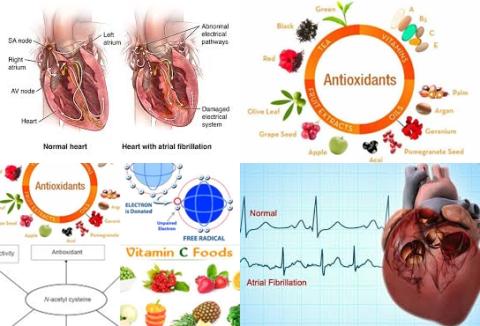50 to 250 mg/day dietary betaine intake increase stroke mortality
Objectives:
Do dietary choline and betaine increase mortality risk?
Study design:
This review article included 6 cohort studies comprising 482,778 total participants, 57,235 all-cause, 9,351 cardiovascular disease and 4,400 stroke deaths.
Results and conclusions:
The investigators found linear dose-response analysis showed that each 100 mg/day increase in dietary choline intake was significantly associated with 6% increases in risk of all-cause mortality [RR = 1.06, 95% CI = 1.03 to 1.10, I2 = 83.7%, p < 0.001].
The investigators found linear dose-response analysis showed that each 100 mg/day increase in dietary choline intake was significantly associated with 11% increases in risk of cardiovascular diseases mortality [RR = 1.11, 95% CI = 1.06 to 1.16, I2 = 54.3%, p = 0.02].
The investigators found the result of the nonlinear dose-response analysis showed a significant relationship between dietary betaine intake and stroke mortality at the dosages of 50 to 250 mg/day [p non-linearity= 0.0017].
The investigators concluded 100 mg/day of choline consumption is associated with a 6% and 11% higher risk of all-cause and cardiovascular disease mortality, respectively. In addition, a positive relationship between betaine dietary intake and stroke mortality at doses of 50 to 250 mg/day is observed. Due to the small number of the included studies and heterogeneity among them more well-designed prospective observational studies considering potential confounding variables are required.
Original title:
Higher dietary choline intake is associated with increased risk of all-cause and cause-specific mortality: A systematic review and dose-response meta-analysis of cohort studies by Sharifi-Zahabi E, Soltani S, […], Shidfar F.
Link:
https://pubmed.ncbi.nlm.nih.gov/39341000/
Additional information of El Mondo:
Find here more information/studies about RCTs/significant, choline, and stroke.
Betaine-rich foods are
- American Indian/Alaska native foods
- Baked products
- Beef products
- Cereal grains and pasta
- Restaurant foods
- Snacks
- Vegetables and vegetable products


